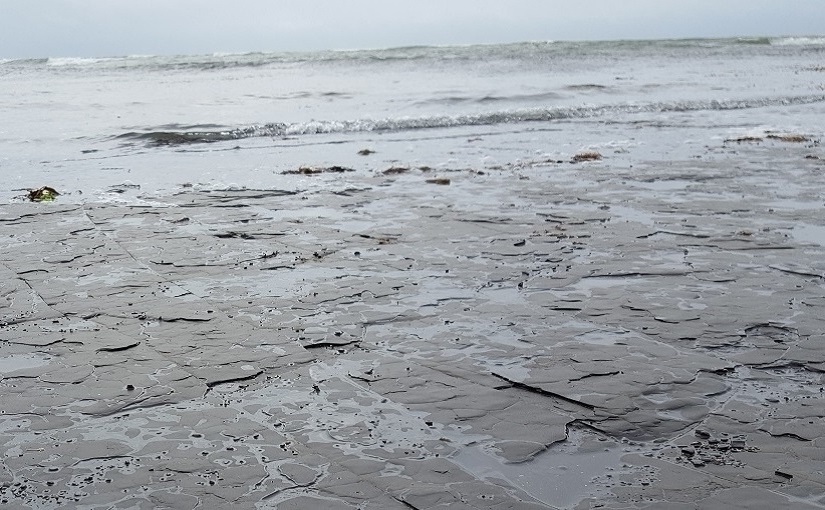When it comes to how we live, everything we do bears consequences: whatever we take has to come from somewhere, anything we make has to find somewhere to be, and all of these accumulated actions must inevitably add up. What is that bigger picture? And how well do our values, priorities and intentions find a place within it all?
Economics is clearly highly complex and interconnected, as ideas and strategies alter the course of what we engage in and how it all works out in practice. Basically though, it’s how we interact with the world around us to get what we need (see Note One).
As humans, we essentially draw upon our environment to meet our requirements for food, shelter, culture, security, and so on. As time’s gone by those activities have developed into the forms we see today: often, slightly more abstract ways of working and slightly more impulsive ways of spending what we can earn.
It’s interesting, all the things we do. Sometimes I wonder at what someone living a hundred years ago would make of it all. Because surely everything creates a reality, having an impact on others and on the systems we’re all part of. Waste, overconsumption, and the acceptance of novelty all seem signs of a civilisation somewhat detached from real world consequences (Notes Two).
And I’m not entirely sure where this ideal of consumption and wealth came from; that we should let money work for us and spend on things no one truly needs. Life apparently went from a struggle for survival and a pursuit of excellence to a rather indulgent sense of window dressing.
That’s a bit bleak, but my point is that modern life often leaves me more than a little mystified: rather than being about responsibility, balance, ideals and self-restraint, it has gradually become about these other things which often fly in the face of all that. Did the realities of life change, or did we buy into this idea of deserving it and that, in the end, everyone else will be raised to the same level?
I suppose it’s this basic premise of prosperity being something to work towards, and how our economic systems have sought to build that. Systems then having a logic of their own: a desire for stability, for growth, for constant resources and markets. A way of thinking that’s apparently made its way into many areas of life, shaping how we now see things (Notes Three).
It seems we’re also beginning to see some consequences of that in terms of waste, resources, social problems, and unrest. And, alongside this, a growing awareness that while we may pay attention to revenue, cost and profit, we could also see things for their personal, social and environmental value.
The give and take of life, interpreted in a certain way, has brought us to this point; but it may also be time to draw a line under one-sided ways of thinking and begin working more harmoniously within that bigger picture.
Notes and References:
Note 1: Money as a pivot of matter & intention
Note 2: What are the true costs?
Note 2: Waste and consumer choices
Note 2: Is sustainable design an impossibility?
Note 3: Why listen to media that exists to profit?
Note 3: Fashion, self & environment
Note 3: Culture selling us meaning
Touching into literature, “Small is Beautiful” discusses many issues underpinning and directing our economic systems.

